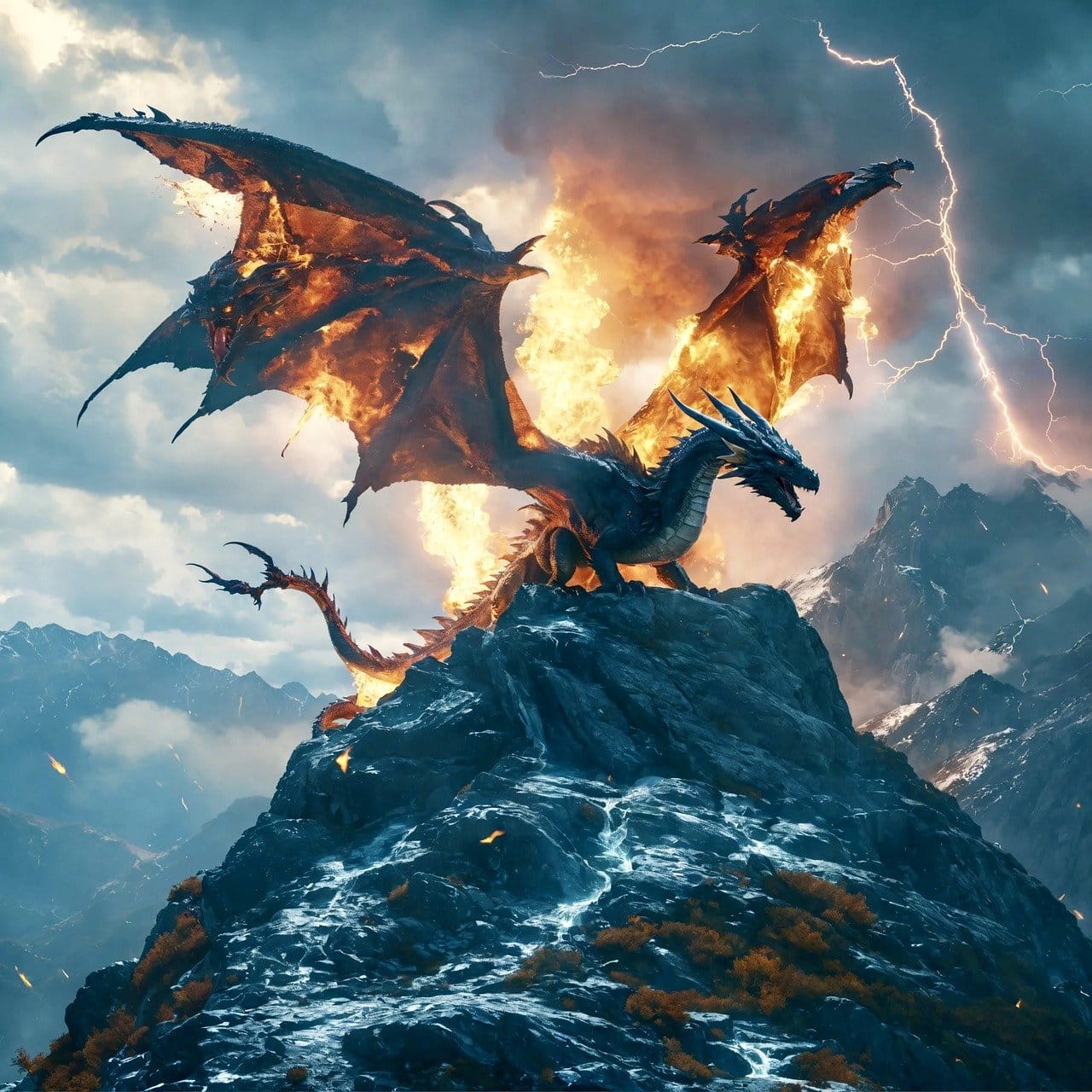North Korea’s Threats: A New Front in a Global Proxy War?
New configuration and dynamics is brewing up in North and South Korea that may have larger ramifications.

The Korean Peninsula is on edge again. South Korea’s military warns that North Korea is preparing to destroy roads along the Gyeongui and Donghae lines, vital transport corridors linking the two Koreas.
Days after pledging to sever all inter-Korean ties, Kim Jong-un has mobilized troops and erected new barriers along the Demilitarized Zone (DMZ).
South Korea has issued a stark warning:
But these provocations are more than just the usual North Korean belligerence—they may be part of a larger geopolitical strategy, involving China, Russia, and Iran, aimed at creating a new front to stretch the U.S. thin across multiple regions.
🚨🇰🇵🇰🇷BREAKING: NORTH KOREA ALLEGEDLY PREPARING EXPLOSIONS TO CUT OFF ROADS TO SOUTH KOREA
— Mario Nawfal (@MarioNawfal) October 14, 2024
According to reports from South Korea's military, North Korea is preparing to blow up roads along the Gyeongui and Donghae lines, days after Pyongyang vowed to sever all inter-Korean… https://t.co/ol15S4f7bv pic.twitter.com/eP0RUn5EZP
Please Contribute to Drishtikone
What we do takes a lot of work. So, if you like our content and value the work that we are doing, please do consider contributing to our expenses. Choose the USD equivalent amount in your own currency you are comfortable with.
A Proxy Strategy: North Korea, Russia, and China
North Korea’s recent actions appear increasingly tied to the strategic interests of China and Russia.
Although the tensions with South Korea currently serve the interests of China and Russia, there are nuances to consider.
Let's start with the relationship between Russia and North Korea. Rand Corporation, a think tank, believes Russia-North Korea's proximity could create a rift between Russia and China.

Of course, both Beijing and Moscow benefit from using North Korea to create another flashpoint, diverting U.S. attention from Europe, the Middle East, and the Indo-Pacific. This multi-pronged strategy could undermine American influence globally by forcing Washington to divide its resources across multiple theaters.
Here’s how Russia and China could be working with North Korea to strain U.S. power and advance their own interests:
1. A New Front to Stretch U.S. Military Focus
With the Russia-Ukraine war showing no signs of resolution, Moscow has an incentive to help North Korea escalate tensions. A new conflict in East Asia would force the U.S. to commit more military and financial resources to South Korea, reducing its ability to fully support Ukraine.
China, facing growing U.S. opposition in the Indo-Pacific, benefits from this as well.
By backing North Korea’s provocations, Russia and China create a dangerous two-front conflict—in Europe and Asia—leaving Washington overstretched and vulnerable.
2. Russia’s Arms-for-Provocations Arrangement
Recent reports suggest that North Korea and Russia are deepening military ties, with Pyongyang supplying weapons and ammunition to aid Russia’s war in Ukraine.

In return, Moscow could be providing North Korea with advanced military technology, including missile systems, or encouraging North Korea to escalate tensions with South Korea.
This partnership offers mutual benefits:
- Russia gains military supplies to prolong its campaign in Ukraine.
- North Korea gets technological upgrades and political cover for its provocations.

If the U.S. is forced to divide its resources between Europe and Asia, it risks diluting the impact of its responses on both fronts—a win for Russia.
3. China’s Long Game: Weakening U.S. Alliances
For China, North Korea’s provocations serve another purpose—testing and weakening the U.S.-South Korea alliance.
A fragmented or distracted South Korea reduces the effectiveness of American efforts to contain China’s ambitions in the Indo-Pacific.
China could be using North Korea to push South Korea into a political dilemma:
- Retaliate aggressively and risk war, or
- Hesitate, sending a signal of weakness to both North Korea and China.
Result: If South Korea is bogged down with internal threats from the North, it becomes less active in regional coalitions like the Quad (U.S., Japan, India, Australia), weakening efforts to contain Beijing’s influence.
4. Iran’s Role: A Global Axis of Resistance
Iran also has strategic interests in this complex game. With U.S. attention divided between Ukraine, Asia, and the Middle East, Tehran sees an opportunity to escalate its own confrontations with Washington and its allies, including Israel and Saudi Arabia.
The Iran-Russia-North Korea axis has deepened in recent years.
Here's how it works:
- Iran provides drones and missile technology to Russia
- Possibly shares intelligence with North Korea. A U.S. distracted by multiple crises allows Iran to advance its regional influence in the Middle East, especially in Syria, Iraq, and Yemen.
- Russia provides military choppers and fighter jets to Iran for its conflicts
Iran and Russian relationship has deepened in recent years.
Judging by official statements, Moscow has agreed to supply Tehran with military helicopters and fighter jets: Su-35 fighters, Mi-28 attack helicopters, and Yak-130 jet trainers. Some of the latter have already been delivered, and Iranian pilots are using them for training purposes. Su-35s could be delivered as early as this year. (Source: Russia Is Being Drawn Deeper Into the Middle East Conflict / Carnegie Endowment)
This alignment between Russia, China, North Korea, and Iran creates a multi-front challenge for the United States—spanning Europe, Asia, and the Middle East—leaving Washington struggling to respond effectively to any one threat.
South Korea’s Strategic Options
South Korea’s government faces a dangerous balancing act. A strong response to North Korea’s provocations is necessary to deter further aggression, but Seoul must also avoid provoking a full-scale conflict that could spiral out of control.
Expect South Korea to:
- Increase military cooperation with the U.S. and Japan to deter further escalation.
- Leverage the Quad alliance for intelligence-sharing to counter Chinese influence.
- Monitor Russia-North Korea activities closely to prevent weapons transfers from escalating the situation further.
At the same time, Seoul will likely reinforce economic and military preparedness to counter any disruptions, especially as North Korea targets infrastructure to destabilize inter-Korean economic ties.
What’s the Endgame for Russia, China, and Iran?
The actions of North Korea, Russia, China, and Iran reflect a coordinated strategy to challenge U.S. dominance on multiple fronts.
By creating crises in Europe, Asia, and the Middle East, these nations aim to divide U.S. attention and resources, weakening its ability to respond effectively in any single theater.
- Russia hopes to prolong the war in Ukraine while weakening American influence in Europe.
- China seeks to test U.S. alliances in Asia and reduce opposition to its ambitions in the South China Sea and Taiwan.
- Iran aims to exploit U.S. distraction to expand its regional influence in the Middle East.
North Korea’s provocations aren’t isolated—they are part of a global proxy war, where adversaries of the U.S. coordinate to stretch it thin and erode its influence.
The Bottom Line
North Korea’s threats to blow up inter-Korean infrastructure are more than just regional provocations.
They signal a multi-front challenge for the U.S., with Russia, China, and Iran using Pyongyang to open another battlefront.
South Korea and the U.S. must act decisively, demonstrating resolve without escalating to war. A firm response will be critical to deterring future provocations and shoring up alliances across the Indo-Pacific.
The coming days will determine whether Seoul and Washington can navigate this crisis without falling into the trap set by China, Russia, and their allies.





Comments ()